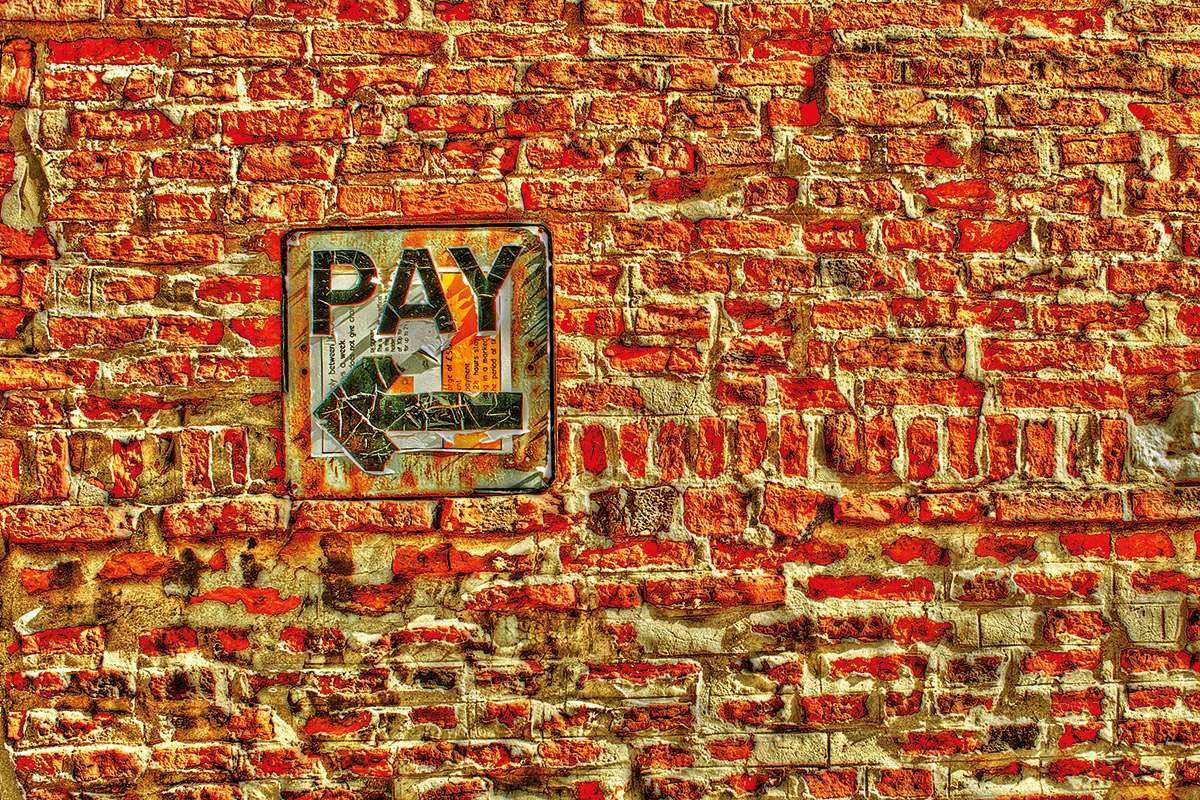Science journals are laughing all the way to the bank, locking the results of publicly funded research behind exorbitant paywalls. A campaign to make content free must succeed
HERE is a trivia question for you: what is the most profitable business in the world? You might think oil, or maybe banking. You would be wrong. The answer is academic publishing. Its profit margins are vast, reportedly in the region of 40 per cent.
The reason it is so lucrative is because most of the costs of its content is picked up by taxpayers. Publicly funded researchers do the work, write it up and judge its merits. And yet the resulting intellectual property ends up in the hands of the publishers. To rub salt into the wound they then sell it via exorbitant subscriptions and paywalls, often paid for by taxpayers too. (Some readers may scent a whiff of hypocrisy, given New Scientist also charges for its content. But good journalism does not come free.)
The academic publishing business model is indefensible. Practically everybody – even the companies that profit from it – acknowledges that it has to change. And yet the status quo has proven extremely resilient.
The latest attempt to break the mould is called Plan S, created by umbrella group cOAlition S. It demands that all publicly funded research be made freely available (see “An audacious new plan will make all science free. Can it work?”). When Plan S was unveiled in September, its backers expected support to snowball. But only a minority of Europe’s 43 research funding bodies have signed up, and hoped-for participation from the US has failed to materialise. Meanwhile, a grass-roots campaign against it is gathering momentum.
Plan S deserves a chance. The scientists who oppose it have real concerns, but are letting the perfect be the enemy of the good. Research funders should put their worries aside too, on behalf of the taxpayers who fill their coffers. Plan S only works if everyone gets on board; if it fails, it is hard to see how the iron grip of academic publishing can ever be broken.
This article appeared in print under the headline “Open science”

mopthebass on November 24th, 2018 at 16:05 UTC »
Hey Aaron they're starting to think like you did!
wiggitt on November 24th, 2018 at 15:20 UTC »
The DOE Office of Scientific and Technical Information (OSTI) provides free public access to over 70 years of research from the Department of Energy. If you don't have access to a journal publication, the manuscript may be available on OSTI. https://www.osti.gov
veritanuda on November 24th, 2018 at 13:28 UTC »
Simple. Support SciHub